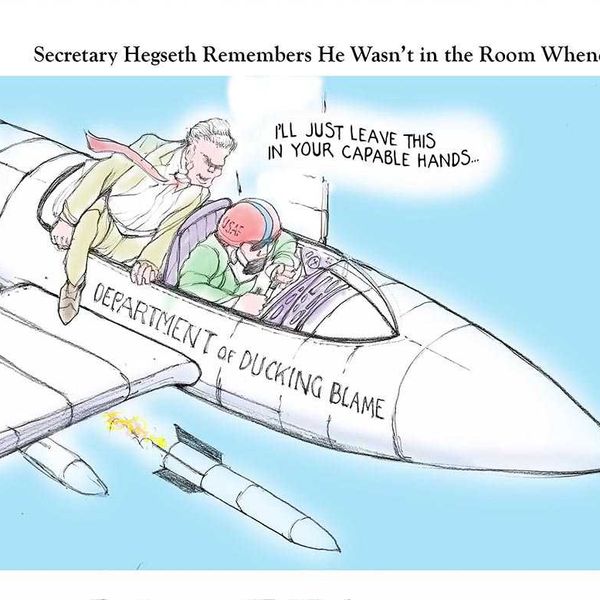Analysis Forecasts Derailment Every Other Year If Oil Train Terminal Is Built

By Curtis Tate, McClatchy Washington Bureau (TNS)
WASHINGTON — A proposal to build the largest oil train terminal in the Pacific Northwest could result in a derailment every two years and an oil spill from a derailment once every 12, according to a draft analysis by a Washington state agency.
The document, released Tuesday, indicates that most fire departments along the oil trains’ rail route are not prepared for a spill or fire that could accompany a derailment. Out of the 12 departments that responded to the survey request, only one indicated its firefighters are trained and equipped for such an incident.
Further, only half the departments said they knew the locations of BNSF Railway’s specialized firefighting equipment closest to their jurisdiction. And while three-quarters of them reported having access to personal protective equipment, firefighting foam and foam applicators, only a quarter said they had access to oil spill containment booms.
The draft environmental impact statement from the Energy Facility Site Evaluation Council said that BNSF would bring four oil trains a day to the Vancouver Energy facility at the Port of Vancouver, Wash., with the loaded trains mostly following the path of the Columbia River and the empty trains returning east via Tacoma, Auburn and Stampede Pass.
With those four daily trains, carrying 100 or more cars each of either light crude from North Dakota or diluted heavy crude from western Canada, the agency forecast “a derailment incident might occur once every two years with a loaded train, and once every 20 months with an empty train.”
The document noted, however, that not all derailments would result in a spill.
Tina Barbee, a spokeswoman for Vancouver Energy, said the company was reviewing the document and “will be able to address specific issues and respond to more detailed questions over the coming weeks.”
Courtney Wallace, a spokeswoman for BNSF, said the railroad had trained 800 firefighters in Washington state this year, and that included giving them the location of BNSF’s specialized firefighting resources.
She said BNSF has equipment and personnel staged in Everett, Seattle, Longview, Wishram, Pasco and Spokane.
“We will continue to work with first responders to ensure they have information about BNSF’s resources,” Wallace said.
©2015 McClatchy Washington Bureau. Distributed by Tribune Content Agency, LLC.
Photo: SounderBruce via Flickr








